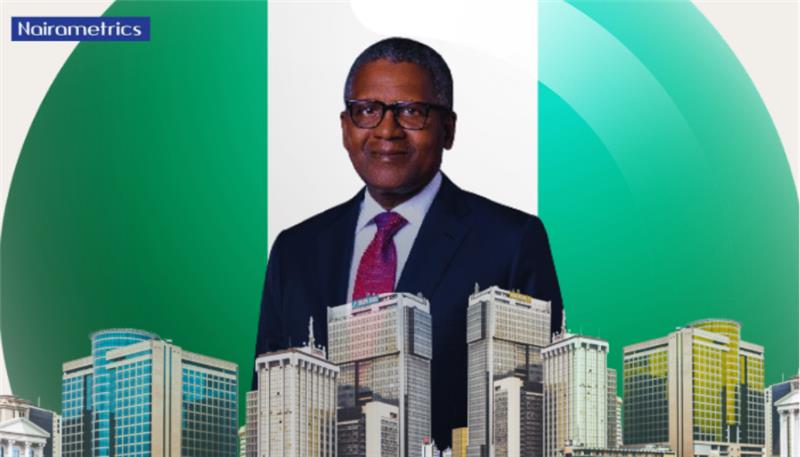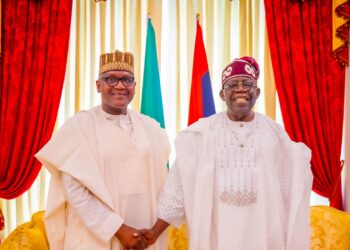In Nigeria’s ever-shifting economy, one constant has quietly underpinned growth: family-owned businesses.
For decades, they have been ingrained in society, shaping the country’s economic trajectory while weathering downturns, policy shifts, and volatile market cycles.
According to a study by McKinsey, family-owned businesses account for more than 70% of global GDP, generate annual turnovers of between $60 trillion and $70 trillion, and provide around 60% of global employment.
From trading outposts that evolved into sprawling conglomerates to food processors that turned local produce into export-ready products, these enterprises reflect the resilience and ingenuity that define Nigeria’s private sector and some parts of its public sector.
Their growth stories are not just about survival in sticky economic climes, but about steering directional change in key sectors of Africa’s largest economy.
Methodology
This spotlight draws companies with founding roots in Nigeria that have grown to serve wider markets across Africa and beyond. Each has been in operation for at least 25 years, with demonstrable succession in managerial or directorial roles within the family.
We also examined their journey maps, market expansion, brand strength, and institutional resilience using only publicly available data. This list is not exhaustive; many more family-owned firms continue to shape Nigeria’s economy outside the public eye.

Family: The Dangotes
The Dangote Group, Africa’s largest conglomerate, stands as a testament to the power of family-led enterprise. Headed by Aliko Dangote, the group’s leadership also includes his daughters Halima, Fatima, and Mariya Dangote, who serve as senior executives, ensuring the family’s entrepreneurial vision continues across generations.
The group’s legacy traces back to Aliko’s father, Al-Hassan Dantata, and other relatives who laid the foundations for enduring business success in Nigeria.
Starting as a bulk commodity trading business in the 1970s, Dangote Group strategically transitioned to manufacturing in the late 1990s, leveraging Nigeria’s import substitution policies. By the early 2000s, it expanded into strategic asset acquisition and backward integration, creating Africa’s largest cement, sugar, salt, flour, and logistics operations.
In 2024, Dangote Industries Limited (DIL) and its subsidiaries, including Dangote Cement, Dangote Sugar, NASCON, and Dangote Packaging, collectively paid over N402 billion in taxes.
Recent landmark projects
In recent years, Dangote Group has taken on transformative projects that cement Nigeria’s position on the global economic map:
- Dangote Petroleum Refinery & Petrochemical Project (2023 launch)
- A $19 billion integrated project located in Lekki Free Trade Zone, Lagos.
- One of the world’s largest single-train refineries with a capacity of 650,000 barrels per day.
- Includes a petrochemical complex producing polypropylene, a urea and ammonia fertilizer plant, and a deep-sea port.
- Aims to make Nigeria self-sufficient in refined petroleum products and a net exporter to Africa and beyond.
- Dangote Fertilizer Plant (commissioned 2022), located in Lekki, it is Africa’s largest granulated urea fertilizer complex.
It has a production capacity of 3 million metric tonnes annually, supporting Nigeria’s agriculture sector and export ambitions.























